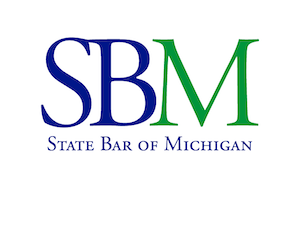- Contact Us Now: 615-510-4000 Start Your Defense
Tax Credits From Home Improvement Projects
Summer officially kicks off this month, and it’s a popular time when taxpayers delve into home improvement projects. Whether it’s extensive renovations, or a “honey-do” list that has been lingering for some time, there may be expenditures that qualify for home energy tax credits. Both homeowners and some renters may be able to claim these credits up to $3,200 if improvements made to their primary residence are considered qualifying expenses.
The Energy Efficient Home Improvement Credit and the Residential Clean Energy Credit are two opportunities for taxpayers to claim credits associated with making energy improvements to their main home after January 1, 2023.
Energy Efficient Home Improvement Credit
According to the Internal Revenue Service, expenses that qualify as energy efficiency improvements can include expenditures on items such as exterior doors, windows, skylights, insulation and air sealing materials or systems. Residential energy property expenses can include natural gas, propane or oil water heaters and hot water boilers, heat pumps, water heaters, biomass stoves and boilers, and home energy audits of a main home.
Residential Clean Energy Credit
Residential improvements that are associated with clean energy production (i.e. solar, wind, geothermal, etc.) may qualify for the Residential Clean Energy Credit. Expenses that qualify for this credit include the costs of solar electric panels and water heaters, wind turbines, geothermal heat pumps, fuel cells and battery storage technology.
Both of these credits are nonrefundable, which the IRS says “means the credit amount received cannot exceed the amount owed in tax.”
To claim these credits – both the Energy Efficient Home Improvement Credit and the Residential Clean Energy Credit – taxpayers should use Form 5695, Residential Energy Credits, when filing their taxes. Be sure to keep records of your purchases and installation expenses throughout the year if you’re planning to claim this credit.
The IRS provides more detailed information about claiming these credits, which expenses qualify, and limitations on its website. As always, if you’re not certain if your expenses qualify for these credits, then reach out to a tax professional who can provide specific guidance for you.











